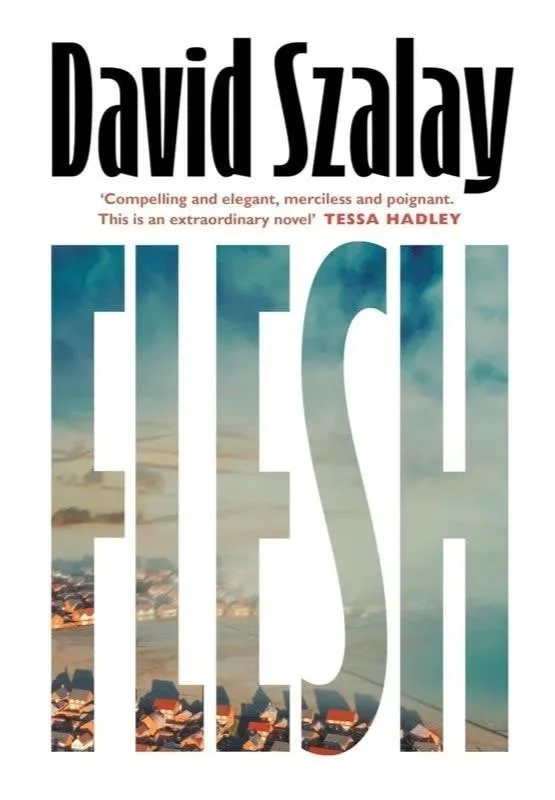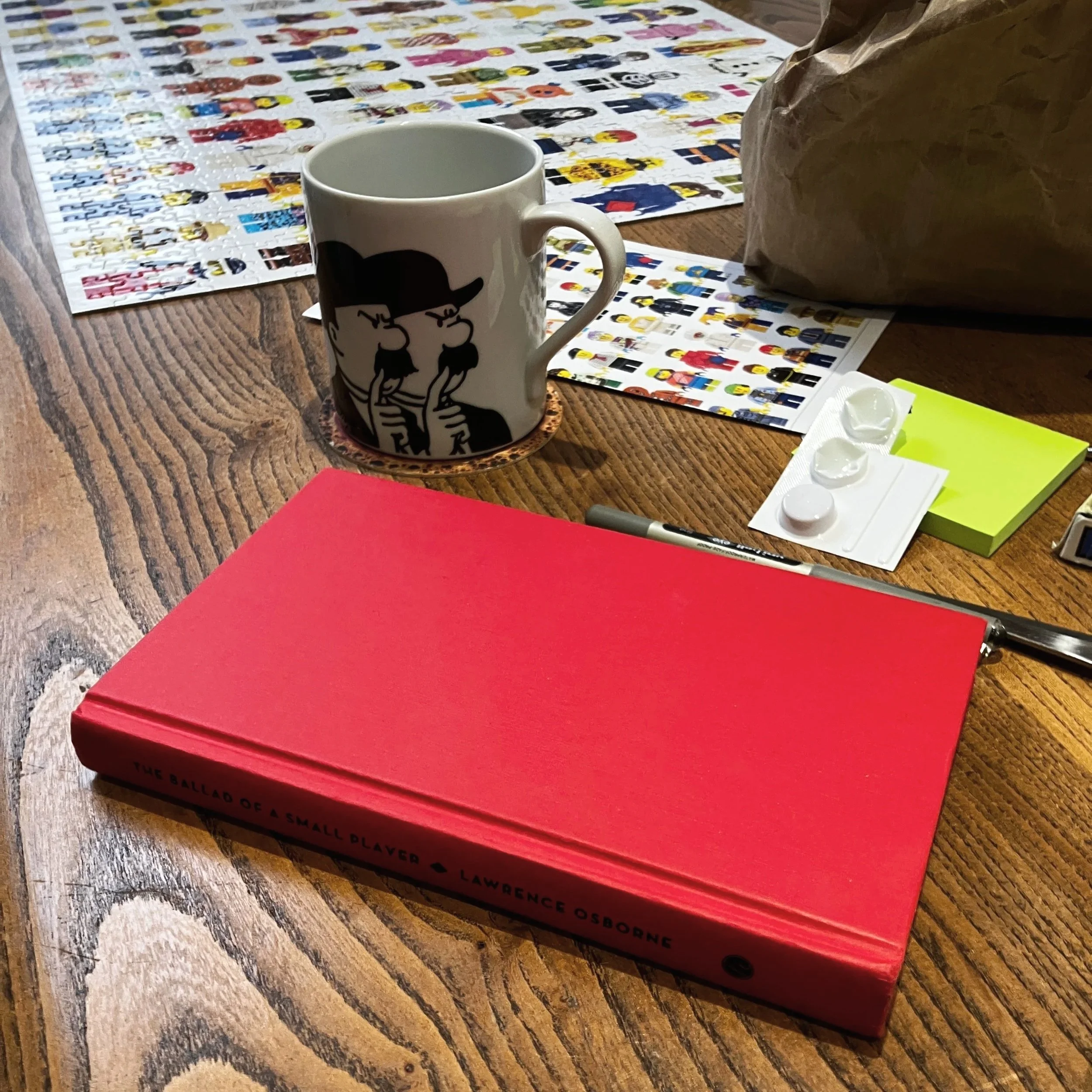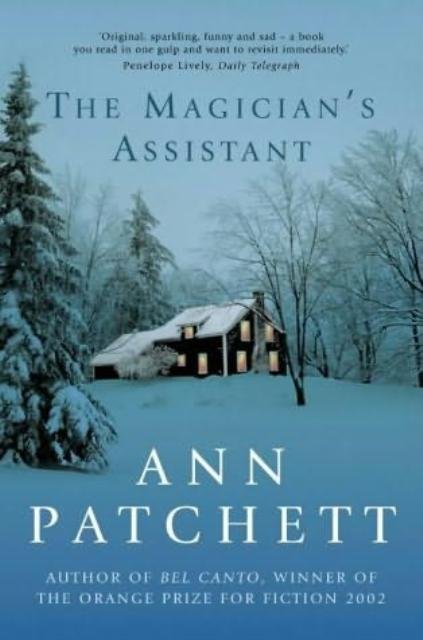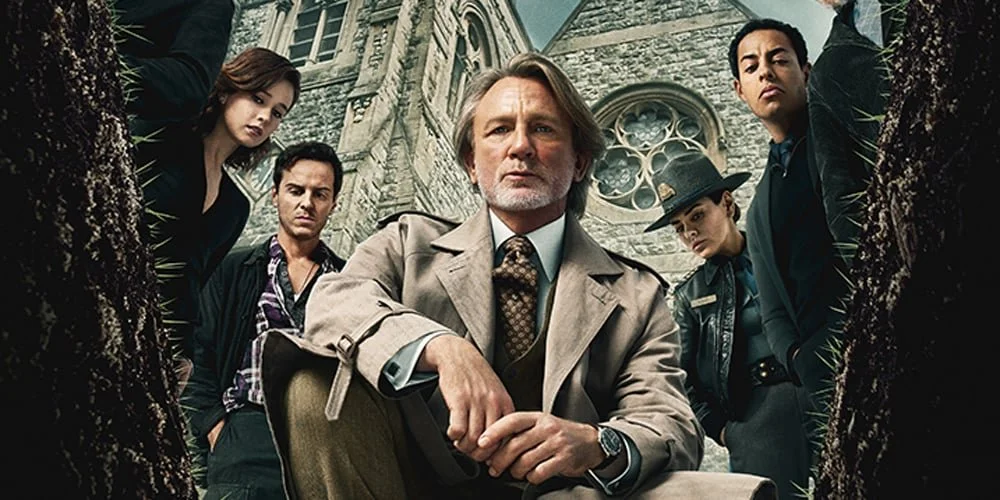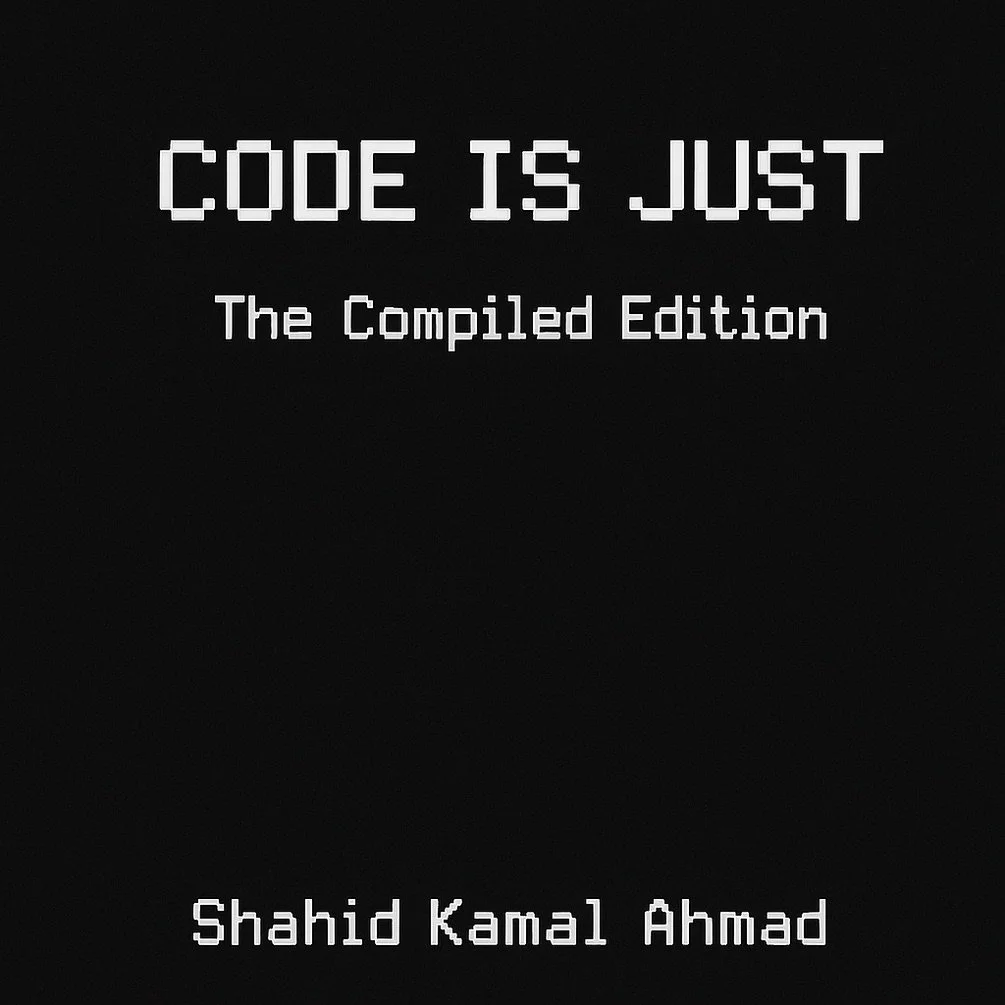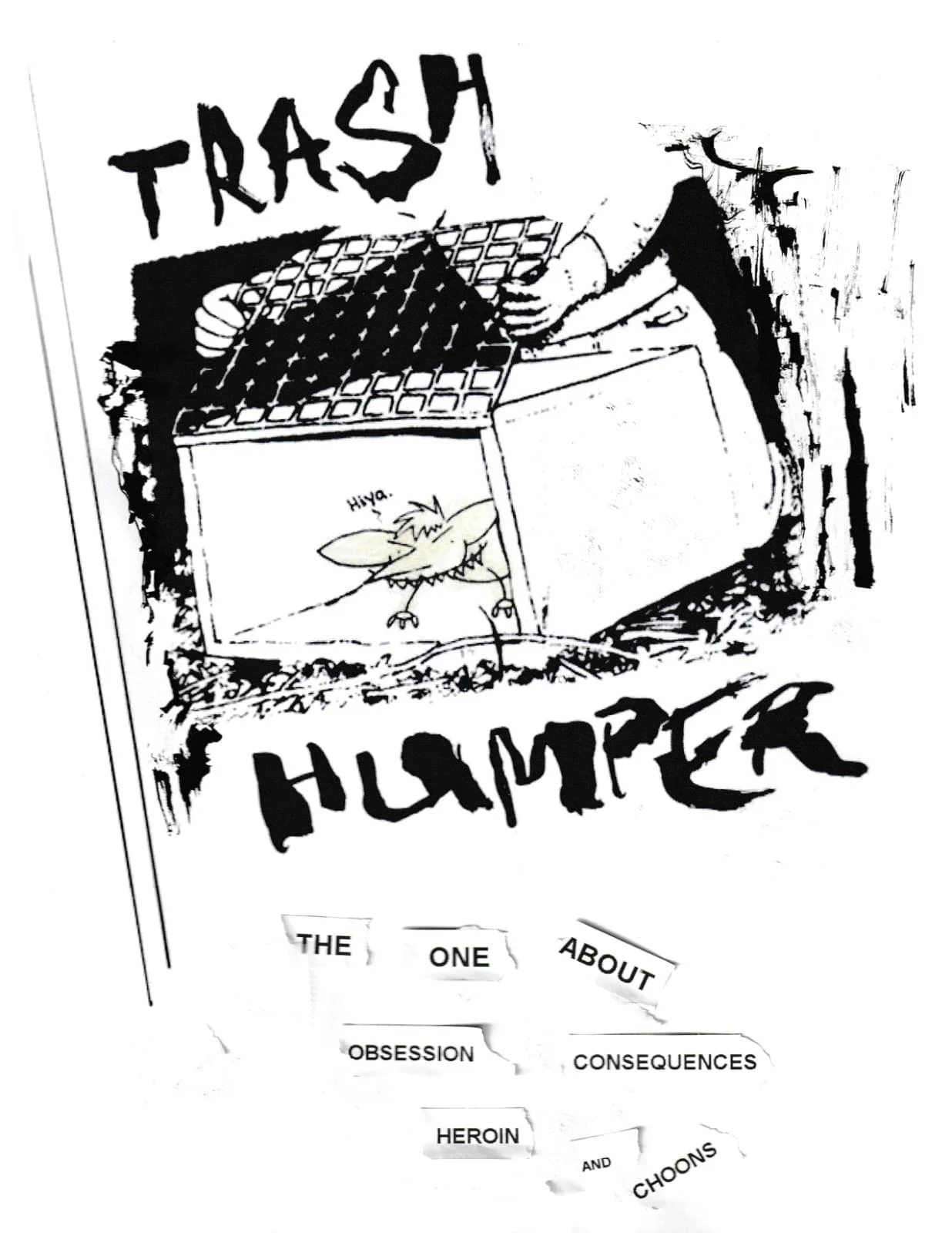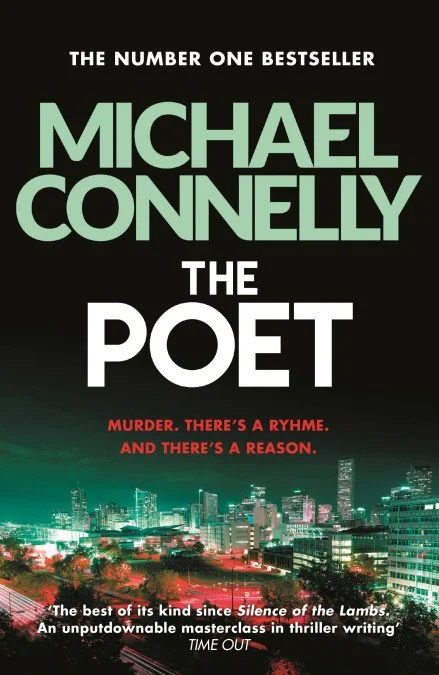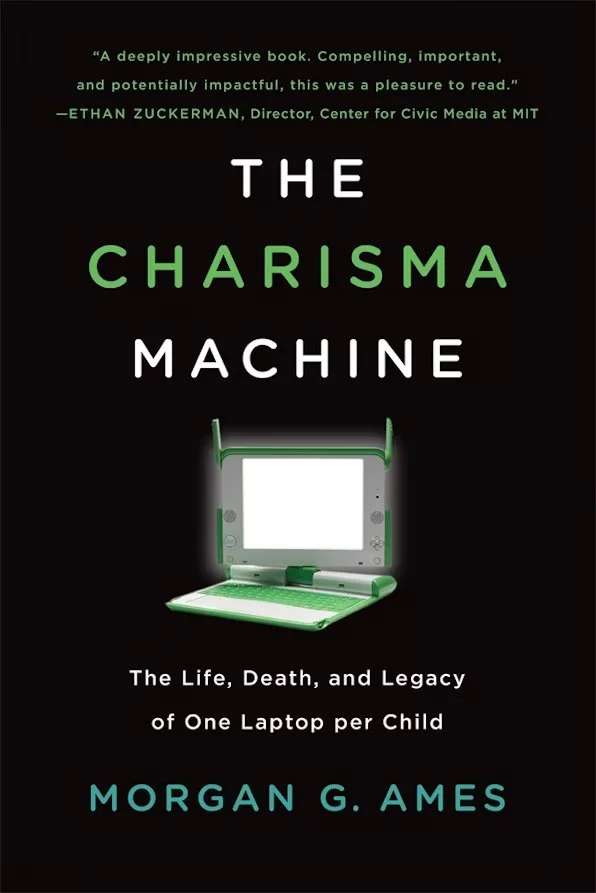It might be good, but as an endeavour it feels like it’s moving us one step closer to the Orwell Cinematic Universe, and that’s something I can’t bring myself to contribute to, even with my time. (For the record, I’m not talking about a Burmese Days movie or the 1997 film adaptation of Keep The Aspidistra Flying, but rather the grim inevitability of a Winston Smith Jr. spin-off for young adults or a How I Became Big Brother prequel.)
I think my main reason for wanting to read it was a description of the novel-writing machines Julia works on, but in this instance it didn’t really scratch that itch.
Fiction was a vast and windowless factory floor that took up the first two basement storeys of the Ministry of Truth. The space was dominated by the plot machinery, eight mammoth machines that looked like simple boxes of shining metal. When you opened them up, their guts were a bewildering array of sensors and gears. Only Julia and her colleague Essie knew how to crawl around inside without doing damage. The central mechanism was the kaleidoscope. It had sixteen sets of claws that selected and transported plot elements; hundreds of metal sorts that were grabbed and discarded until a group was found that fit together. This successful pattern was assembled - again by machinery - on a magnetized plate. The plate was dipped into a tray of ink, then swivelled out and was stamped onto a roll of paper. The printed length of paper was cut away. A production manager lifted it free.
The result was a gridded print, jocularly called a 'bingo card', that coded the elements of a story: genre, main characters, major scenes. A Rewrite man had once attempted to explain to Julia how these were interpreted, but to no avail. Even after five years on the floor, to her they might as well have been Eastasian picture-writing.
Now she watched as a production manager snatched a new print off the roll and waved it about to dry the ink. When he was satisfied, he rolled it, inserted it in a green cylinder, and shoved the cylinder into a pneumatic tube. From up on the walkway, Julia could watch the cylinder's flight through a tangle of translucent plastic hoses on the ceiling to plop into a bin at the southern end of the room. That was Rewrite, where men and women sat in long rows, muttering into speakwrites, turning bingo cards into novels and stories. But by that stage, no machines were involved and Julia's interest was at an end.
Which, I suppose, is the most logical way of constructing a novel-writing machine, but it just producing a ‘bingo card’ of plot feels disappointing. It kind of speaks to the problem with prequels, in that they have to provide mundane answers for casually mentioned things that fire a reader or viewer’s imagination. How exciting and mysterious did ‘the clone wars’ sound in Star Wars and how boring was George Lucas’s version of it in the prequels?
OK, when it’s got to the point of complaining about the Star Wars prequels, it’s time to wrap it up. Julia is going back to the library. If you’ve read it, I’d be interested to hear your thoughts.
Buy ‘Julia’ by Sandra Newman at bookshop.org (affiliate link)
